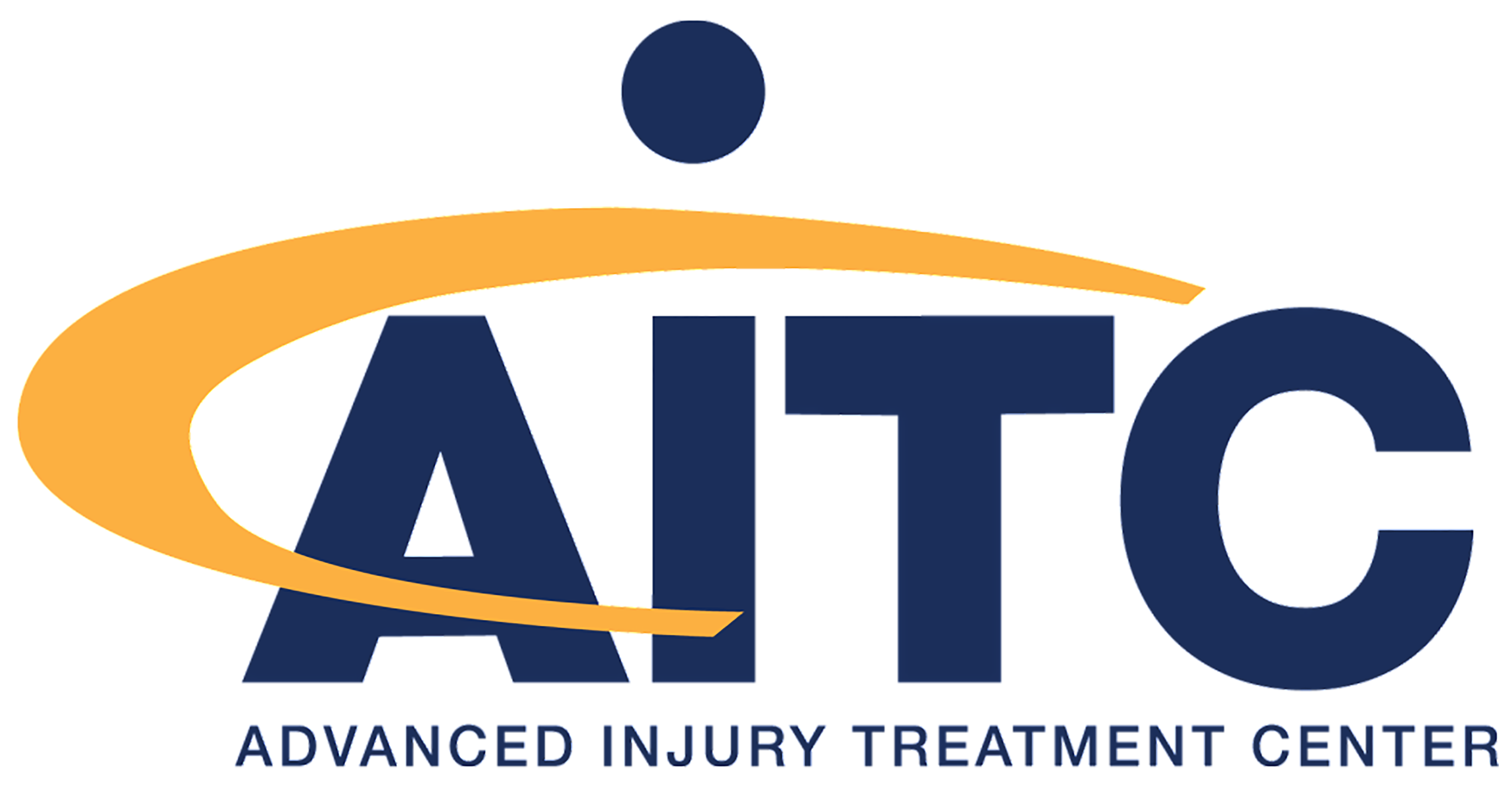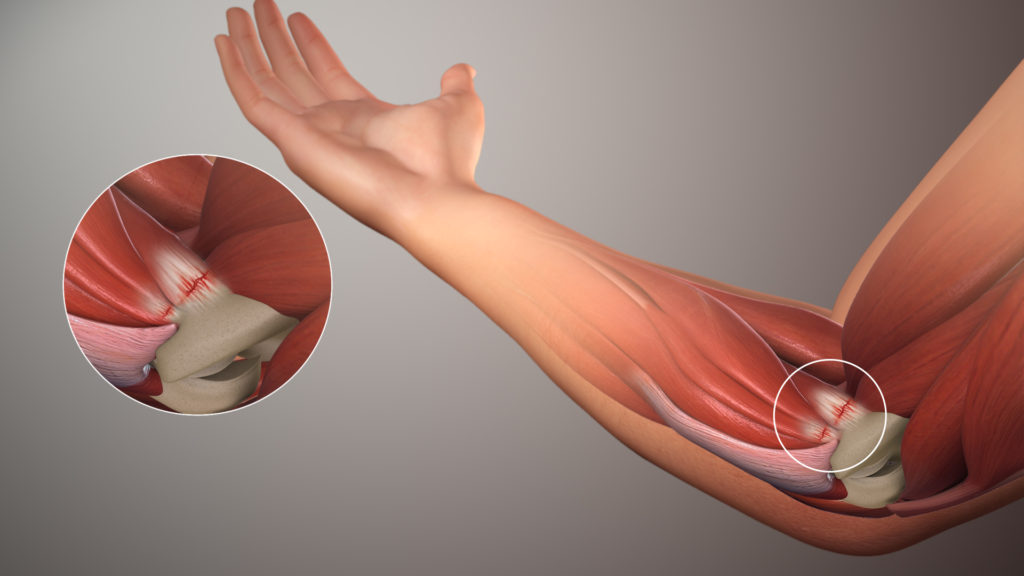The Elbow
The elbow is a compound synovial joint. Three bones of the upper and lower arm make up the elbow joint – the humerus, radius, and ulna. The joint structure creates a triangular hollow called the cubital fossa on the front of the elbow. The elbow joint is protected by a capsule which surrounds it completely, and which is lined with a fluid-producing membrane. At either side of the joint, there are ligaments which prevent sideways movement. There are many muscles and tendons that work together in the elbow, arm, and wrist that give us strength and dexterity as we extend, grasp, rotate, resist, and flex.
The elbow and forearm are crucial to so many activities. Racket games, throwing events, archery, fencing, canoeing, rowing, sailing, baseball, cricket, football, rugby volleyball, handball, boxing, martial arts, wrestling, rock climbing, skiing, weight lifting, and many of our daily living activities are all reliant on the proper functioning of this complex joint and the surrounding supporting structures.
Any of the bones and soft tissues forming the elbow and forearm can be damaged through trauma or overuse and pain can sometimes refer from the neck. Injury has a direct effect on the upper arm, wrist and hand, and can impair proper function in the shoulder and upper back.
Any traumatic fracture or dislocation should be treated as an emergency and you should seek prompt medical attention.
Synovitis, impingement, bursitis, and other soft tissue injuries can be caused by either trauma or overuse. Impact from a knock or fall, friction from overuse, a sudden forceful contraction or stretch, repetitive actions, or a blocked movement may all cause pain, swelling, stiffness, heat, and/or bruising. Repetitive overuse can cause compartment syndrome, tennis elbow, radial tunnel syndrome, golfer’s elbow, ulnar nerve entrapment, or pronator syndrome.
Osteoarthritis is caused by the degeneration of the bones in the joint and mainly occurs in later middle age, but can happen to younger adults, and is often the late result of an injury, especially if you failed to regain full strength and mobility in the joint at the time of injury recovery.
AITC specializes in the evaluation, rehabilitation, and recovery of injuries. Treatment and strengthening enable a return to pain-free, full range of motion so that you can get back to doing what you love.

